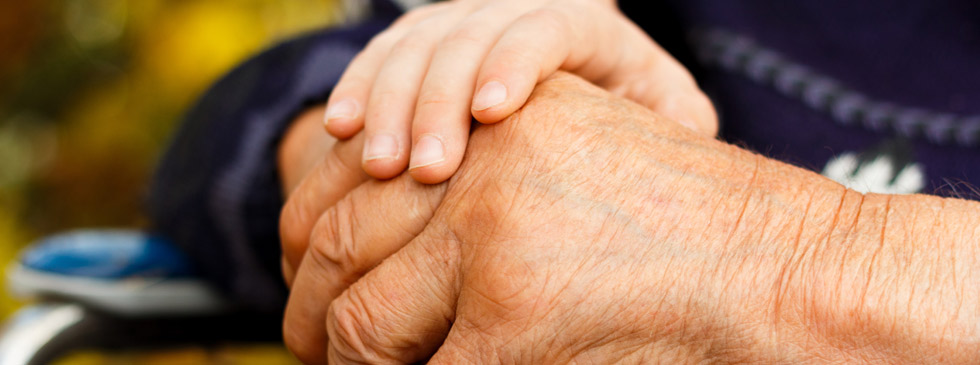A Caregiver’s Guide to Arthritis: Understanding Your Loved One’s Needs
People handle pain and discomfort in all sorts of ways. Some people keep a stiff upper lip, feeling embarrassed or uncomfortable with complaints. Others may complain indirectly by acting out of sorts or grouchy. Others may get down in the dumps. Below is a roadmap to some of the challenges.
Emotional Challenges: How You Can Help
People with arthritis may also experience depression, anxiety and/or a feeling of helplessness because they are no longer able to do things they used to do. They can also feel isolated, like no one quite understands what they are going through. And stress from chronic pain can stalk them as well. You can help by doing the following:
- Listen and Empathize – You may feel like you need to solve everything when in fact what your loved one may want most is to express their emotions of sadness and loss. Encourage them to talk about how they are feeling, and any concerns or fears.
- Make a date – Plan some outings like lunch out, or a short shopping trip, or just a time to read together. That can help your loved one feel less isolated and alone.
- Practice relaxation together – Chances are you could both use some R&R. Practice deep breathing together. Or run your family member a warm bubble bath where he can listen to music and relax.
- Encourage some movement – if your spouse or parent is able, ask him or her to go for a short walk with you outside. Exercise can lift spirits and lessen pain. Ask the doctor what kind of exercise would be helpful.
- Ask for help – Tell the doctor that your family member seems depressed and anxious. The doctor may be able to prescribe an antidepressant or anti-anxiety medication that can help. Some antidepressants also help with pain.

